THE PROMPT
Newsletter of the Canadian Association of Recycling Industries
Volume 8, No. 7, July 2016
SAFETY TIPS
HEAT STRESS
Temperatures soar in the summer months and workers are put at a higher risk for suffering from heat-related illnesses. Heat stress can result in a range of ailments, from fairly mild symptoms of heat rash and cramps, to potentially dangerous conditions such as exhaustion and heat stroke. Both physical and mental performance can suffer when body temperature deviates by as little as 2°C.
Employees working inside and outdoors are at risk of heat stress disorders, and a variety of factors increase this risk including age, weight, physical fitness, ill health, medications, and protective equipment and clothing. Even if a worker is completing a task that requires minimal physical effort, wearing protective clothing can considerably raise body temperature, or limit the body’s ability to cool itself.
The body is better equipped to deal with high temperatures once it has been properly acclimatized to the heat. Acclimatization can take a few days up to a couple of weeks. During this period, a worker should slowly increase time spent in the heat and the vigorousness of physical labour. Acclimatization is especially important for new workers, temporary workers, or for those returning to work after vacation or time off due to illness. Acclimatization should be kept in mind when temperatures soar unexpectedly, as well.
Sweating is a key indicator when assessing whether a person is suffering from heat stress – it is a natural mechanism used to transport heat away from the body. If an individual exhibits signs of heat exhaustion including cramps, dizziness or confusion, nausea, fatigue, it is imperative to cease physical work, move the individual into a cool area, and begin lowering their body temperature by administering plenty of fluids and spraying the individual with cool water. If the individual stops sweating entirely and has hot dry skin, it is likely that they are suffering from heat stroke and emergency medical treatment should be sought.
Prevention:
- Use a buddy system to help identify heat stress symptoms
- Drink plenty of fluids including water, clear juices, and sports drinks
- Limit exposure during the hottest parts of the day
- Take numerous breaks – especially when completing strenuous work
- Wear light, breathable fabrics if at all possible
- At the first sign of heat stress symptoms, pause work, move to a cool environment, and allow the body to cool down completely
[su_divider top=”no”]
VGM SHIPPING REQUIREMENTS – SOLAS
New shipping requirements have been established as part of the International Convention for the Safety of Life at Sea (SOLAS), which require the shipper to obtain the verified gross mass of a packed container in Canada. These requirements came into effect on July 1, 2016. Please contact Tracy at [email protected] or 1-613-728-6946 if you have any questions regarding the new requirements.
[su_divider top=”no”]
Have you registered for CARI’s National Golf Tournament? The deadline for registration is August 4. Visit CARI’s website to register online or print a registration form.
[su_divider top=”no”]
CARI EVENTS
CARI’S Annual Golf Tournament
Beverly Golf & Country Club
August 18, 2016
CARI’s Consumers’ Night
King Edward Hotel, Toronto
October 17, 2016
[su_divider top=”no”]
OTHER UPCOMING EVENTS
Resource Recycling Conference
Aug 30 – Sept 1
Hilton New Orleans
BIR World Recycling Convention (Round-Table Sessions)
Amsterdam (The Netherlands)
October 24-25, 2016
[su_divider top=”no”]
Canadian Association of Recycling Industries
130 Albert Street Suite 1906
Ottawa, On K1P 5G4
Canada
Telephone: 613-728-6946
Fax: 705-835-6196

